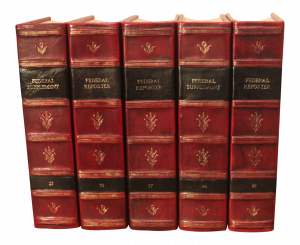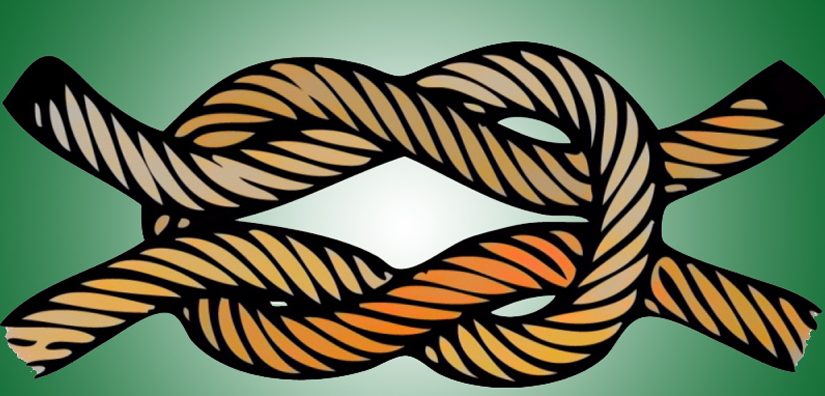A homily for the Twenty-Seventh Sunday in Ordinary Time, Oct. 4, 2020
Is 5:1-7, Phil 4:6-9, Mt 21:33-43
Every organization has them: oaths or promises and laws. Worldwide.
And, amazingly, they all sound a lot alike.
For example, even though more than a half-century has passed since I first learned it, I can still rattle off the Boy Scout oath and law:
On my honor I will do my best to do my duty to God and my country and to obey the Scout Law; to help other people at all times; to keep myself physically strong, mentally awake, and morally straight.
A Scout is trustworthy, loyal, helpful, friendly, courteous, kind, obedient, cheerful, thrifty, brave, clean and reverent.
How’d I do?
I learned those precepts early and I repeated them with my fellow Scouts weekly for seven years. We were expected to live by them, not merely mouth the words.
Which is true for every member of all those organizations worldwide: religious, political, governmental or social.
And though I was never a Girl Scout or police officer or president of the United States, I do know their oaths and laws talk about many of the same topics.
God.
Country.
Honor.
Duty.
Camaraderie and solidarity.
The good of the whole, first in general terms, and then enumerated in specifics.
Courtesy and kindness.
Doing what’s right, even if it’s hard to do, or if it has to be done under dangerous or difficult circumstances.
Oaths and laws give people a bond through structure. They provide a road map for life.
For St. Paul, writing to the Christians in Philippi — and to us — his letter is a chance to make clear What Would Jesus Do. His letter guides us on The Way.
Philippi is particularly significant in the history of the Church because it’s generally agreed that that Greek city was the first place in Europe Paul preached and established a Christian community.
And as you may recall, Paul kept moving throughout his ministry, setting up families of faith, giving them a good start on the Way of Jesus, and then heading off to another place in desperate need of the Good News.
Of course, people being human, sometimes the communities Paul established needed a little nudge to get back on the straight and narrow, which is why — thank God — we have his letters. St. Paul’s letters guided the early Christians with information, encouragement and, many times, with a loud scolding when word got back to him that this group or that was backsliding.
Today’s reading from his letter falls into the info and cheerleading category. Paul urges Christians to think about and then do the right things. He poses them as strong guidelines, though what he’s urging is obedience to God’s Laws.
We can see eight or 10 laws here, starting with the law of gratitude, with the strong reminder that we should thank God for all we’ve received before we ask for anything else. And with the reassurance that it’s OK to ask our loving God to provide for us, because our needs will be met, all of them, wrapped in God’s peace.
But … backsliding. We know right down to our bones that God is there for us, waiting for us, waiting to wrap divine loving arms around us, and yet we go astray. How does that happen, and why?
 Maybe we’re hung up on too many specific laws. Maybe.
Maybe we’re hung up on too many specific laws. Maybe.
If you’ve ever been to a lawyer’s office or even seen one on TV or in the movies, you’ll recall the shelves and shelves of law books. Every person interviewed from home by Zoom these days is sitting in front of bookcases.
All those books. All those words. All those laws. Maybe we get tripped up when we have too many laws about specific Do This or Don’t Do That. Maybe we’re jammed up by the letter of laws and not the spirit.
God gave Moses only Ten Commandments to guide the Israelites, and as Scripture tells us, that proved to be a heavy lift sometimes.
In his letter to the Philippians, Paul rephrases them with a positive spin, but he’s still in the eight-to-10 range.
But then there’s the time Jesus was in Jerusalem being challenged by the scholars of the law, who had their own equivalent of shelves and shelves of law books and who definitely split hairs about the letter of the law. When Jesus was asked what is the greatest commandment, he boiled the whole of the law and the prophets down to our familiar two:
You shall love the Lord, your God, with all your heart, with all your soul, and with all your mind. This is the greatest and the first commandment.
The second is like it: You shall love your neighbor as yourself.
So pure. So understandable.
Can specifics come from them? Of course, and specific actions should.
But like Scouts who still carry a card in their wallet with the Oath and Law, we all would serve our gracious Triune God well if we kept the two great commandments in a pocket next to our hearts.
Because then the peace of God that surpasses all understanding
will guard our hearts and minds in Christ Jesus.
